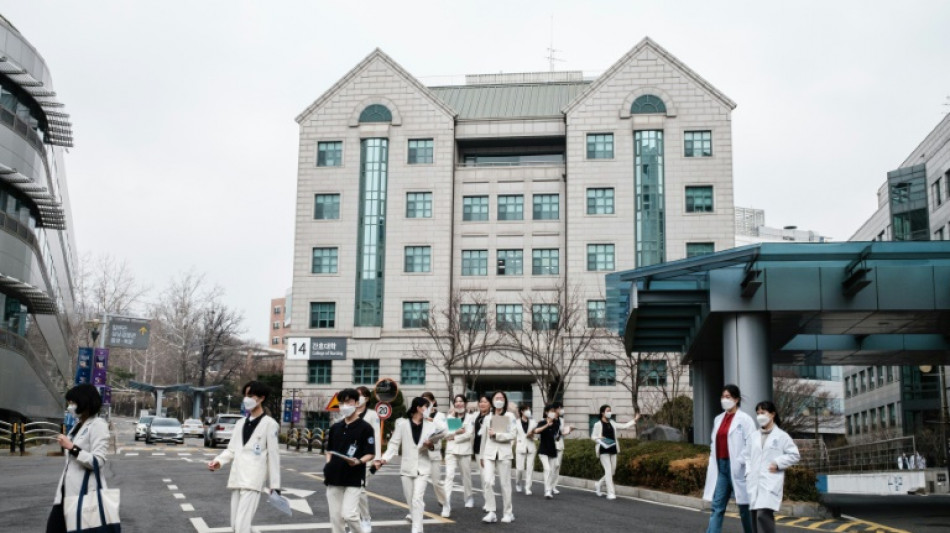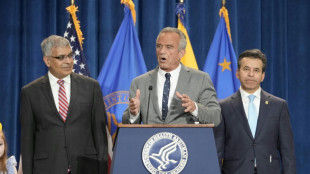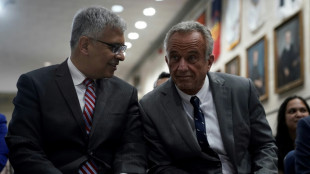

Seoul allocates new medical school slots despite doctors' strike
South Korea on Wednesday announced the allocation of 2,000 new medical school admissions slots nationwide every year, moving ahead with a reform plan to create more doctors despite a crippling month-long strike by medics opposed to it.
Hospitals have been forced to cancel crucial treatments and surgeries since thousands of trainee doctors stopped working February 20 to protest proposed training reforms, but the government has vowed not to back down, threatening striking medics with legal action.
Seoul says it needs more new doctors to address one of the lowest doctor-to-population ratios among developed nations and to cope with the needs of an ageing population.
The bulk of the 2,000 new slots for medical students were awarded to universities outside the Seoul capital region, underscoring the government's drive to boost capacity in under-served rural areas.
More than 80 percent of the new quota of students was allocated outside of the capital region "to set up competitive regional medical systems", Education Minister Lee Ju-ho said at a press briefing.
Medical schools in Seoul had sought 365 more slots, but were not awarded any, according to a press release from Lee's ministry.
Experts say that one of the South Korean medical system's biggest problems is the concentration of doctors in the Seoul metropolitan area, leading to access issues in rural areas.
The new reforms will "serve as an opportunity for us to move closer to a global standard," Lee said.
The Korean Medical Association, a representative body for doctors, criticised the allocation announcement, saying it would "burn the last bridge for compromise" leading to "catastrophic consequences".
Doctors say they fear the reform will erode the quality of service and medical education, but proponents of the plan accuse them of trying to safeguard their salaries and social status.
With thousands of junior doctors still off work, the government has been warning it will suspend the licences of those who refuse to return to their patients.
Earlier this week, it suspended the licences of two senior doctors, the Korean Medical Association has said, in the first punitive action against medics involved in the work stoppage.
Under South Korean law, doctors are restricted from striking, and the government has requested police investigate people connected to the stoppage, including officials at the KMA.
R.Gutierrez--RTC



